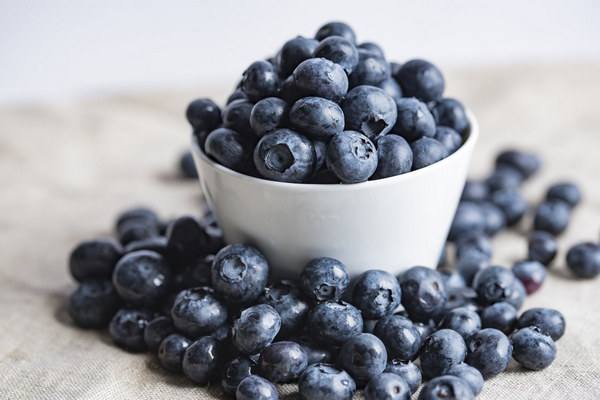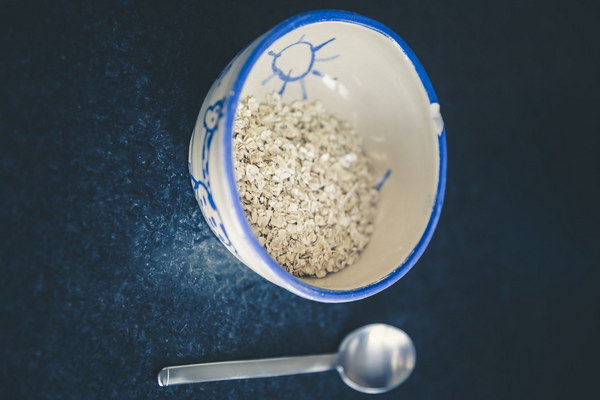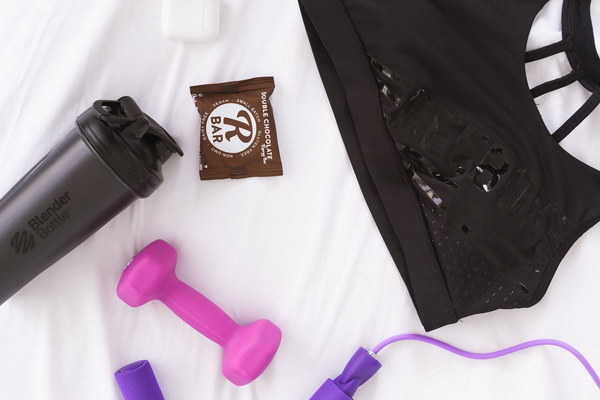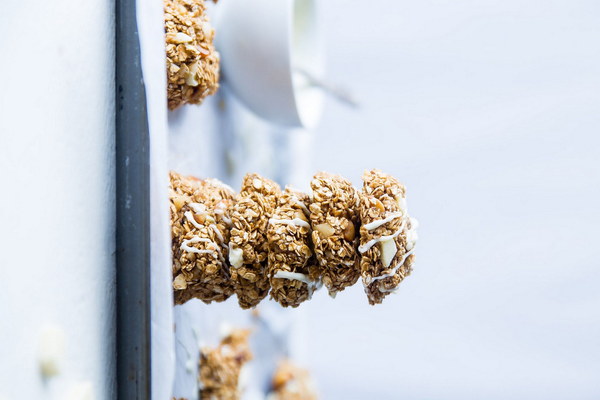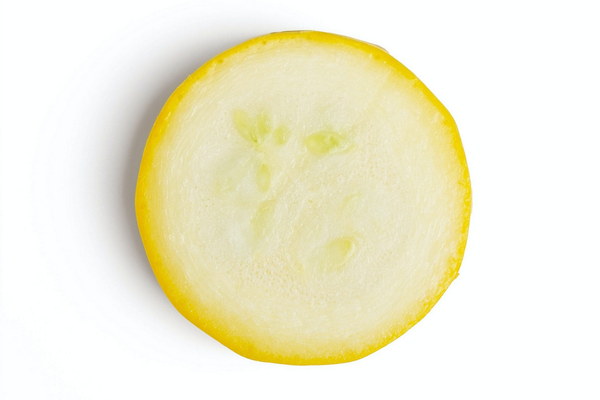Optimal Dosage How Often Should You Take Liver Protection Medication
The liver is one of the most vital organs in the human body, responsible for filtering blood, detoxifying harmful substances, and producing essential proteins. However, due to various factors such as poor diet, alcohol consumption, and viral infections, liver damage can occur. To support liver health, many people turn to liver protection medications. But how often should you take these medications to maximize their benefits? This article will discuss the optimal dosage and frequency of liver protection medication.
Liver protection medications, also known as hepatoprotective drugs, are designed to reduce liver inflammation, prevent liver damage, and enhance liver function. These drugs work by reducing oxidative stress, inhibiting the production of reactive oxygen species (ROS), and protecting the liver cells from toxins. The most common types of liver protection medications include silymarin, N-acetylcysteine (NAC), and milk thistle.
The optimal dosage and frequency of liver protection medication depend on several factors, including the severity of liver disease, the patient's overall health, and the specific medication being used. Generally, the following guidelines can be followed:
1. Silymarin: This herbal supplement is commonly available in capsule or tablet form. The recommended dosage for silymarin is 200 to 400 mg three times daily. It is best taken with meals to enhance absorption. However, it is essential to consult a healthcare provider before starting silymarin, as it may interact with certain medications.
2. N-acetylcysteine (NAC): NAC is a precursor to the antioxidant glutathione, which plays a vital role in liver detoxification. The typical dosage for NAC is 500 to 1,200 mg daily, taken on an empty stomach. It is crucial to divide the dosage into smaller, more frequent doses to maintain consistent levels in the bloodstream.
3. Milk thistle: Milk thistle is another herbal supplement that contains the active compound silymarin. The recommended dosage for milk thistle is 300 mg of silymarin twice daily. As with silymarin, it is best taken with meals and may interact with certain medications.
It is important to note that while these dosages are generally considered safe and effective, individual variations may occur. Therefore, it is essential to follow the instructions provided by your healthcare provider or the medication label.
Several factors may influence the frequency of taking liver protection medication:
1. Severe liver disease: In cases of severe liver disease, such as liver cirrhosis or hepatitis, higher dosages and more frequent administration may be required to achieve the desired therapeutic effect.
2. Comorbid conditions: Patients with other health issues may require adjustments in the dosage and frequency of liver protection medication to avoid potential drug interactions and side effects.

3. Response to treatment: The effectiveness of liver protection medication may vary among individuals. If a patient does not respond adequately to the prescribed dosage, a healthcare provider may adjust the frequency or consider alternative treatments.
4. Monitoring and follow-up: Regular monitoring of liver function tests and consultation with a healthcare provider are essential to assess the effectiveness of the medication and make any necessary adjustments.
In conclusion, the optimal dosage and frequency of liver protection medication depend on various factors, including the type of medication, the severity of liver disease, and the patient's overall health. It is crucial to follow the prescribed dosage and frequency provided by a healthcare provider to maximize the benefits of these medications while minimizing potential risks. Always consult a healthcare provider before starting or changing liver protection medication to ensure safe and effective treatment.
